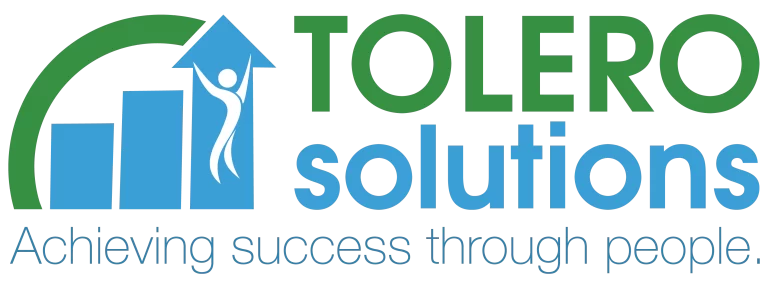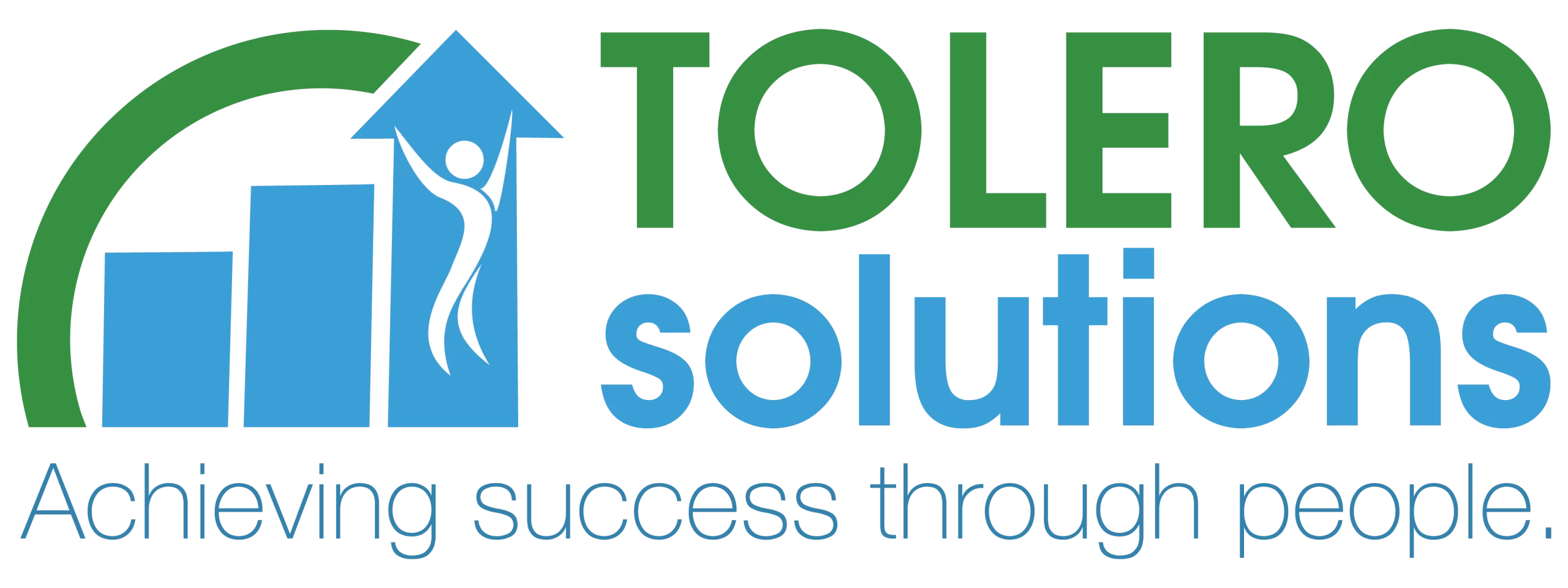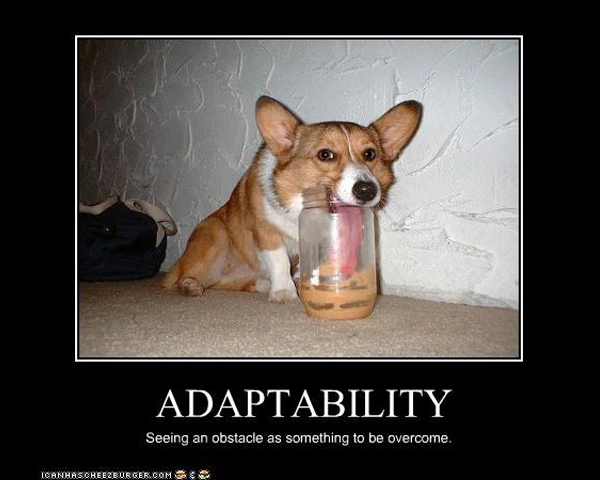The fact is…change is hard. Very hard. Anyone who has ever been through change, personally or professionally, will most likely agree. And it’s not something you can exactly check off your list…like tasks on a project plan.
Workplace (and life) disruptions caused by external factors, such as COVID-19, in addition to new business initiatives, new technology, new processes and procedures, or leadership changes – all require new behaviors and ways of doing things.
Did you notice the word “behaviors?” Behaviors are what can inhibit or promote changes. Behaviors are what can make change and transition a failure or a success. Transformational change and unplanned disruption and transition require a shift in mindset and behavior – that can be scary. And it can feel overwhelming when also dealing with personal impacts from unplanned changes outside of the workplace. However, most fears can be alleviated or reduced with proper focus, planning, and managing change.
Although organizational change is inevitable and some disruptions can’t always be planned for in advance, that doesn’t mean it can’t be managed or it has to be painful or costly. If you don’t want to fall victim to The Great Resignation, you need to focus on the employee experience to reduce negative impacts. So how do you manage change successfully, especially during times of unplanned disruption?
Here are 5 tips to reduce some costs and anxieties associated with change:
Build and Nurture Relationships
Building and nurturing relationships with impacted stakeholders – internal and external – is the key to success. This includes employees, customers and even vendors. Building relationships is how you build trust. And trust is a surefire way to help change and transition go more smoothly. Change leaders need a face. They need a presence. Cameo appearances or a name without a face (and a personality to connect it with) won’t yield the trusted relationships needed for success. Building relationships requires a genuine interest in your people. An authentic understanding of their concerns. Building trust allows people to be more open and honest with sharing fears and concerns and is more likely to provide an atmosphere where people are willing to share the type of data and feedback you need to develop successful solutions for positive change or to create a “new normal” and a better future.
Segment your Audience Groups
Communication – timely and accurate communication – is imperative to successfully move through transition and adopt change. It ultimately depends on what type of change is going on within your organization. Although in most cases you need to communicate different messages (or slightly modified yet consistent messages) to different audience groups at different times. For people to buy-in to change you need to tell them what they need to hear, how they need to hear it, the way it needs to be heard. The impacts, quick wins, and WIIFM (what’s in it for me) messaging are going to be different for each stakeholder group. To make sure you can target messaging correctly you’ll want these audience groups segmented at the onset and you’ll want the needs and concerns of these different audience groups identified at the onset. And you’ve got to provide your people with a voice and that voice needs to be heard. This should occur as part of change readiness.
Be Visible and Accessible
If you’re a sponsor or champion of the change then you best be comfortable with being visible and have a personality that is approachable. You can’t be just a name on an organization chart or a ‘title.’ Organizations often make the mistake of assigning sponsors based on role and title and not on personality or desire to lead change. The less you’re a visible sponsor, the less you energetically promote the change, the less it appears you are genuinely concerned with issues and impacts raised by your people, the less likely stakeholders are to be comfortable with disruptions that require transition or to engage and commit to changes. Lead by example. The behavior people see is what most consider acceptable and what most will follow – or not follow. You need to be on the ground. You need an active role. you need empathy. You need visibility.
Follow-through
Say what you mean. Mean what you say. Do what you say. Follow-through is imperative for success. Lack of timely follow-through impacts trust, sends a bad message, slows the change process, and limits relationship building. Not following through in a timely manner sets a level of distrust not to mention pushes back timelines and contributes to increased project costs and decreased performance from stakeholders. This has negative impacts on the employee experience and the customer experience. People notice. Be helpful don’t be a hurdle.
Do the Hard Work
TADA! POOF! Positive change has occurred! Ok…maybe in lala land the change wizard can wave a magic wand and change is achieved with all stakeholders happy and successful. Now, back to reality! Change does not always happen when you want it to. It doesn’t happen because someone says so. Change does not occur simply by checking off boxes. It happens because committed people take the time and effort to tackle workplace disruptions, transitions, and plan and do the hard work – personally and organizationally – needed for successful change. It’s hard work to learn and exhibit new behaviors that create and support positive change, especially when you may be impacted yourself – but it’s worth it.
Short and sweet – change does NOT happen overnight. Or even as planned. Even the smallest change within an organization can take months. Large scale? Unplanned? You may hate to hear this, but, it can take years! Focus. Commitment. Patience. Small steps. Quick wins. Long journey…success!
About Scott Span, MSOD, CSM: is CEO at Tolero Solutions. As a people strategist, leadership coach, and change and transformation specialist, his work is focused on people. Through his consulting and training work he supports clients to survive and thrive through change and transition and create people-focused cultures and a great employee experience. Through his coaching work, he supports people willing to dig deeper to identify and overcome what’s holding them back, change behaviors, accelerate performance and achieve their goals.
Email | Website | LinkedIn | Twitter | Blog | Facebook| YouTube | Instagram
*All Rights Reserved. Reproduction, publication, and all other use of any and all of this content is prohibited without authorized consent of Tolero Solutions and the author.




